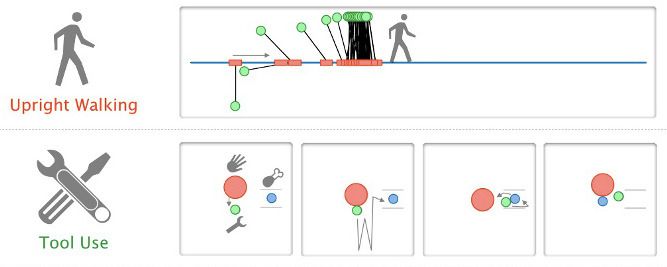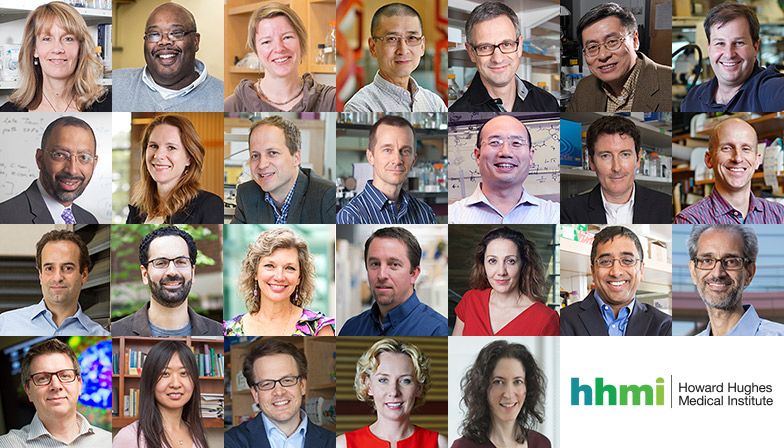My latest article for Vice Motherboard. It’s about consciousness and a so-called ‘Turing Test’ that superintelligence might one day use on humans:
Archive for the ‘neuroscience’ category: Page 1019
Jun 7, 2015
“Brainprints” Could Be Future Security ID — By Christopher Intagliata Scientific American
Posted by Seb in categories: encryption, neuroscience, security
Biometric technology was once the stuff of sci-fi—how many movies show someone having their hand or eye scanned to get entry into a secured facility? But today biometric tech can be found in millions of people’s pockets—as the fingerprint scanner on an iPhone.
Of course, fingerprint scanning isn’t foolproof. Hackers have stolen fingerprints from photos, and used fake prints to fool Apple’s touch ID. Plus, there’s always the brute force method, like the time a gang in Malaysia cut off a guy’s fingertip—with a machete—to interface with the fingerprint-recognition system on the victim’s Mercedes. Read more
Jun 3, 2015
Physicist Proposes New Way To Think About Intelligence | Inside Science
Posted by Jeremy Lichtman in category: neuroscience
Jun 1, 2015
Do we really want to fuse our brains together? — Peter Watts | AEON
Posted by Seb in categories: neuroscience, virtual reality
“What are the implications of a technology that wires brains together, that in theory at least permits the existence of hive minds? In fact, you know a lot more about that than you might think. You already are a hive mind. You always have been.” Read more
May 26, 2015
Howard Hughes Medical Institute Selects 2015 Investigators
Posted by Odette Bohr Dienel in categories: biological, biotech/medical, computing, DNA, education, genetics, life extension, neuroscience, science, scientific freedom
“The Howard Hughes Medical Institute (HHMI) announced today that 26 of the nation’s top biomedical researchers will become HHMI investigators and will receive the flexible support necessary to move their research in creative new directions. The initiative represents an investment in basic biomedical research of $153 million over the next five years.”
May 24, 2015
Neuroscientists Are Making an Artificial Brain for Everyone — Davey Alba | WIRED
Posted by Seb in category: neuroscience
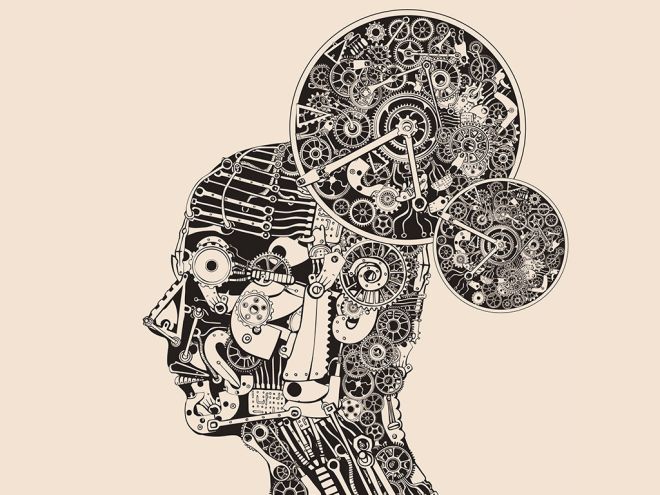
“Nara is essentially a matchmaking system that finds and understands entities in any data set, from people and places to businesses and abstract concepts, then builds a massive knowledge graph that shows weighted links between those entities. Wilson says Nara inserts users right into that knowledge graph to offer personalized recommendations. Knowing a bit about the user is what allows Nara to light up other things they might like. And the system can scrape public databases to enhance its knowledge.”
May 21, 2015
The Ultimate Interface: Your Brain — By Ramez Naam SingularityHub
Posted by Seb in category: neuroscience
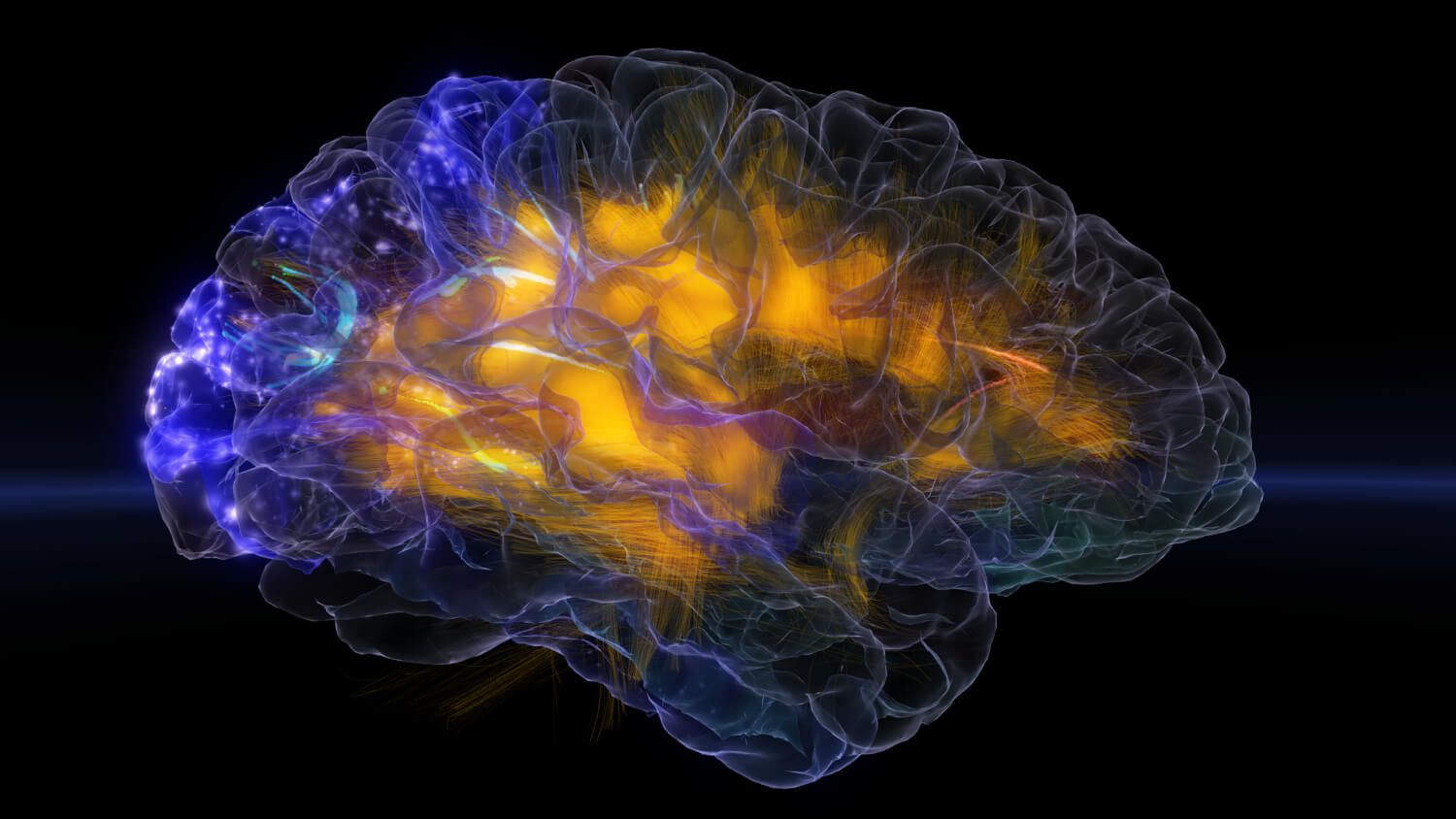
The final frontier of digital technology is integrating into your own brain. DARPA wants to go there. Scientists want to go there. Entrepreneurs want to go there. And increasingly, it looks like it’s possible.
You’ve probably read bits and pieces about brain implants and prostheses. Let me give you the big picture. Read more
May 18, 2015
A First Big Step Toward Mapping the Human Brain — Katie Palmer | Wired
Posted by Seb in category: neuroscience
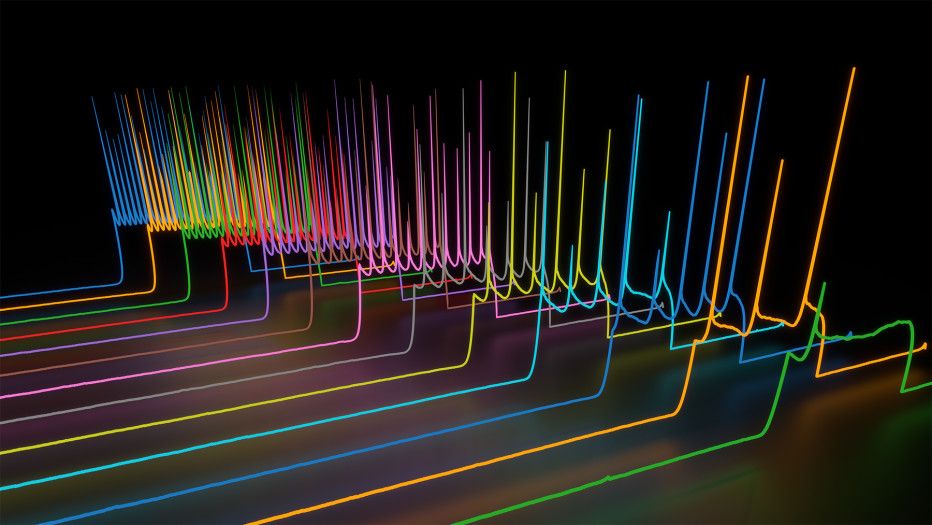
“When it’s complete, the database will be the first in the world to collect information from individual cells along four basic but crucial variables: cell shape, gene expression, position in the brain, and electrical activity. ” Read more
Apr 26, 2015
Digital tattoo lets you control devices with mind power alone
Posted by Seb in categories: media & arts, neuroscience
Hal Hodson | New Scientist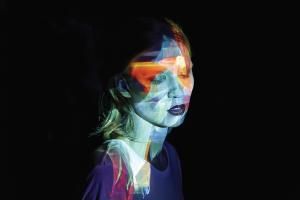
“The focus is on medical applications to begin with…but the fact that it can sit discreetly behind an ear means that all kinds of other applications are feasible. No one wants to wear a headset constantly, but applying a hidden electronic tattoo once every two weeks is more acceptable.” Read more
Robert Szczerba | The Next Web
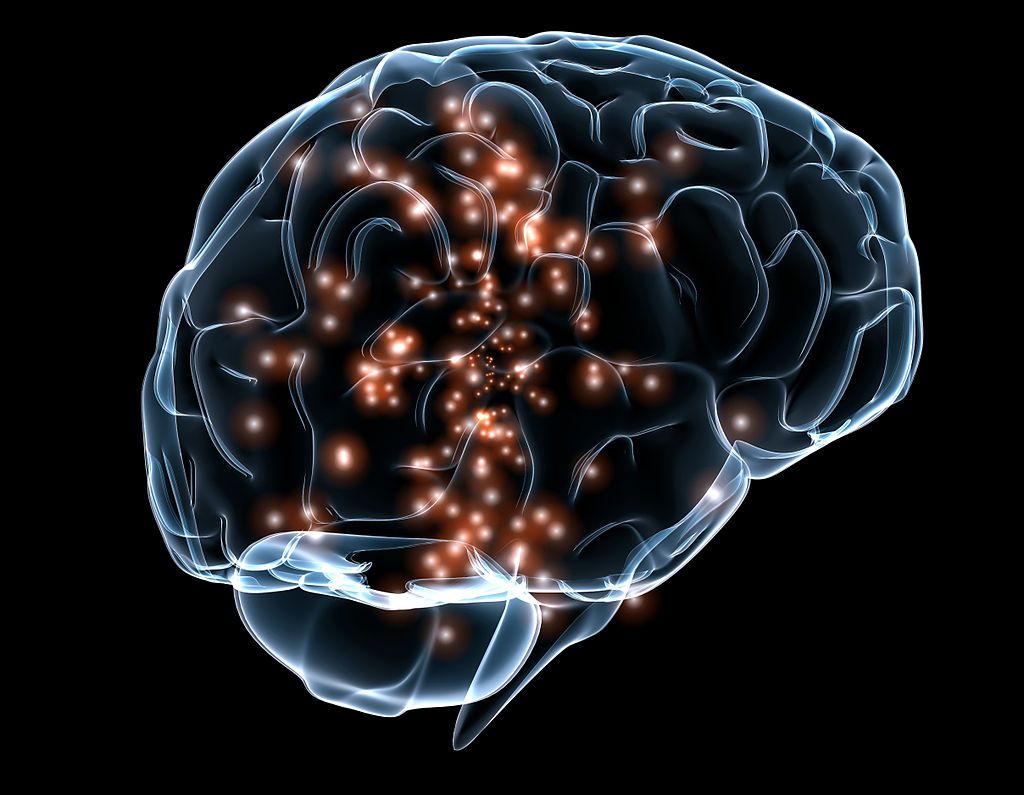
“‘Seeking the truth is at once the most fundamental and the most difficult task of the criminal justice system.’” Read more

